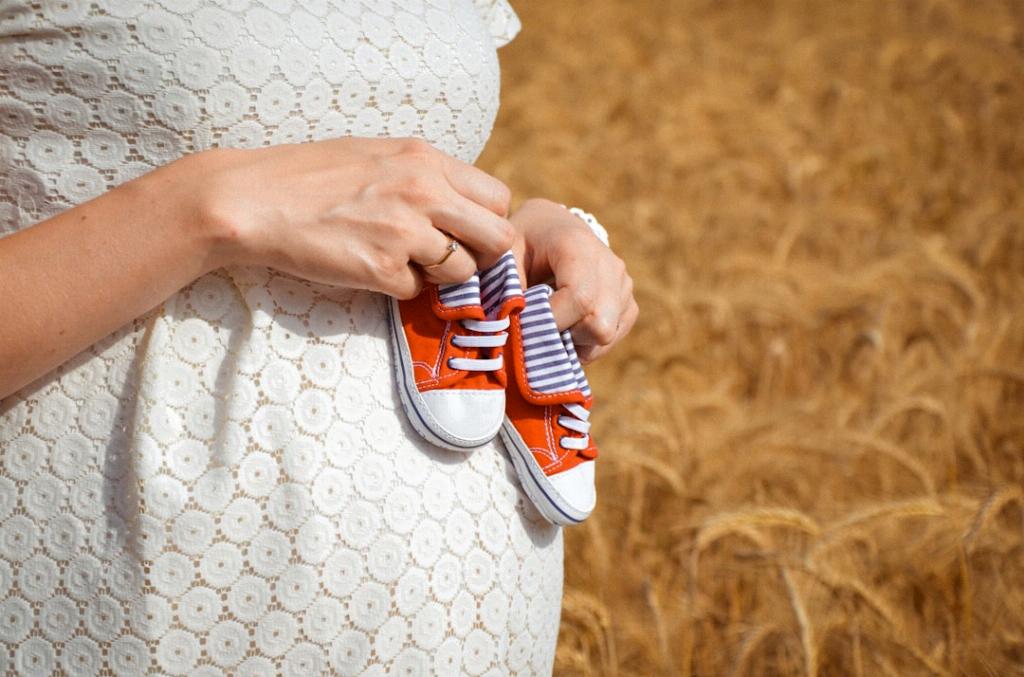When it comes to determining the exact date of conception, it can be a bit tricky. While some women might have a clear idea of when they got pregnant based on tracking ovulation or other factors, it’s not always easy to pinpoint the exact moment of conception.
The Role of the Last Menstrual Period:
For many women, the first step in estimating the date of conception is to look at the date of their last menstrual period (LMP). This is because pregnancy is typically dated from the first day of your last period, even though conception itself usually occurs about two weeks after that.
Challenges with Irregular Periods:
Having irregular periods can make it harder to determine when you got pregnant. If your menstrual cycle is not consistent or if you don’t remember the exact date of your last period, calculating conception becomes more challenging.
Options for Estimating Gestational Age:
When the date of conception is uncertain or difficult to track, healthcare providers often rely on ultrasounds to estimate gestational age. By measuring the size of the fetus and comparing it to expected growth patterns, doctors can get a better sense of when conception likely occurred.
Ultrasound Accuracy:
Ultrasound scans are considered one of the most accurate ways to estimate gestational age and pinpoint the date of conception. They can provide valuable information about fetal development and help healthcare providers determine when you likely got pregnant.
Factors Affecting Conception Date Estimation:
Several factors can affect the accuracy of determining when you got pregnant. These include the regularity of your menstrual cycle, the date of your last period, the timing of intercourse, and individual variations in ovulation.
Consulting with a Healthcare Provider:
If you’re unsure about when you got pregnant or if you’re having difficulty estimating conception date, it’s best to consult with a healthcare provider. They can offer guidance, perform exams, and use medical tools to help you determine when conception likely occurred.
Importance of Accurate Conception Date:
Knowing when you got pregnant can be important for proper prenatal care and monitoring. It helps healthcare providers track fetal development, calculate due dates, and ensure that you and your baby receive the necessary care throughout pregnancy.
Fertility Tracking and Ovulation:
For women who are actively trying to conceive, tracking ovulation through methods like basal body temperature, cervical mucus monitoring, or ovulation predictor kits can provide more insight into the timing of conception.
Keeping a Pregnancy Journal:
Keeping a journal or diary during pregnancy can help you record important dates, symptoms, and milestones. This can be a valuable resource for looking back and understanding when you might have conceived, especially if you experience irregular periods or difficulty tracking ovulation.
Support and Resources:
If you have questions or concerns about when you got pregnant, don’t hesitate to reach out for support. Joining online forums, talking to other moms, or seeking guidance from healthcare professionals can provide reassurance and information as you navigate your pregnancy journey.
Conclusion:
While determining the exact date of conception may not always be straightforward, there are options and resources available to help you estimate when you got pregnant. By consulting with healthcare providers, utilizing ultrasound technology, and tracking fertility indicators, you can gain a better understanding of your conception date and ensure that you receive proper care throughout your pregnancy.

